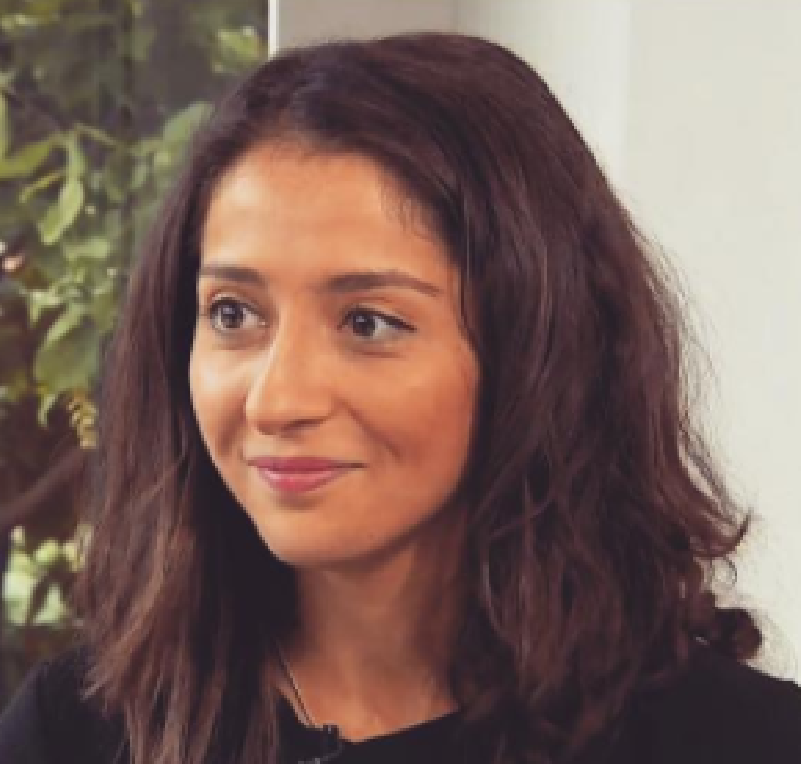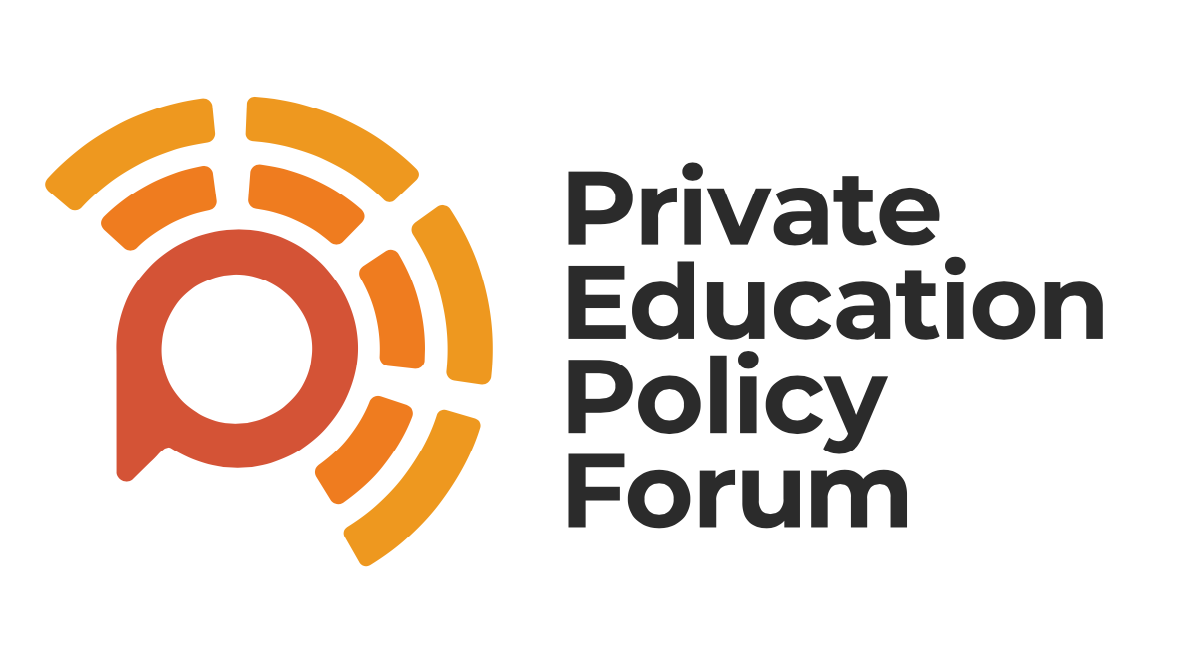
Maya Goodfellow
So we already know this about the UK’s private schools: many of the people who get to make major decisions – about the laws we are expected to abide by, what we read in newspapers or see on TV or how our courts are run – were educated in schools most of us will never step foot in. Schools that produce people who dominate some of the country’s most powerful, and at times visible, jobs but that are often hidden from view.
Before I started properly looking into private schools, I knew they helped create inequality but I had no idea just how skewed things were in their favour. I didn’t know, for instance, that they pay reduced business rates while state schools pay the full amount. I didn’t know that the term ‘independent schools’, regularly used to describe these private institutions, was cooked up as part of a PR exercise, funded at least in part by a body that represented private school heads. ‘Independent’ sounds much more benign than ‘private’.
The vision of society we’re sold is one that the private education system relies on and helps reproduce. It’s one where you’re told that if you work hard enough, your children might be afforded the same opportunity as those whose parents can send them to private school and that having a fee-paying sector in UK is essential for a thriving and dynamic education system as a whole.
This picture, convincing and alluring as it might be, runs on two core misconceptions. One is that it’s all boiled down to the individual. Parents should have the right to choose where to send their children and private school should be an option open to them.
But only a certain number of people even have the right to choose because we live in a society that’s designed in such a way it produces inequality. Ironically, private schools are integral to that blueprint.
Increasing the number of poorer children who get access to that gilded system through bursaries isn’t going to fundamentally change that. There will always be a small, limited number of people who are privately educated – that’s sort of the point.
But making things better for the collective doesn’t necessarily mean making things bad for the elite currently attending these schools. And that’s where you get to the second major defence of the so-called ‘independent sector’: private is better.
In this telling, the private sector, by virtue of it being private, simply provides better education. But the evidence to back that up is pretty hard to come by. Finland – where private schools have almost entirely been abolished – has a pretty equal and successful education system. So we have an odd way of raising standards. The vast majority of people are walking into their first university seminar or a new job where their privately-educated peers have already been given a leg up through the education system.
The questions for politicians and people who defend private schools is this. When the evidence shows private schools do the opposite of what they claim by making things more unequal and when we know it’s only ever going to be a small number of people who go to these institutions, what’s the real defence for keeping them open?
For the past decade or so, there’s been a steady drip of analysis about how powerless people feel and about the disconnect between politics and most of the population.
Immigration and vague ideas about national identity have been dropped into the centre of the debate as explanations, but the actual mechanisms of power in Britain, private schools included, are briefly glanced at.
What they really need is to be put under a microscope.
Maya Goodfellow is a writer and researcher. She has written for The New York Times, The Guardian, The New Statesman and others. She is the author of the forthcoming book Hostile Environment: How Immigrants Became Scapegoats. Maya has a PhD in race and racism from SOAS, University of London.



